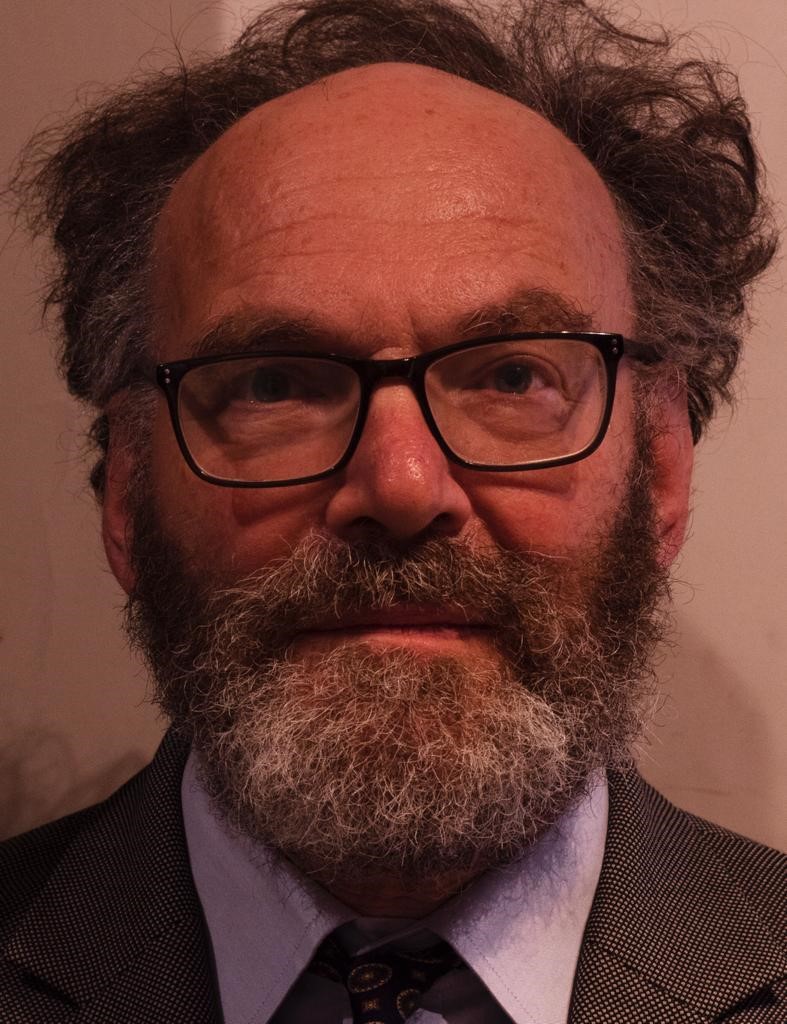Singapore is set to beef up its guidelines against money laundering and terrorist finance. The country’s regulator has announced plans to revise its guidelines regulating financial institutions and the fight money laundering and the funding of terrorism. These will complement the government’s latest laws, passed in 2002, to combat criminal financial activities and are likely to be published by the end of 2004.
The guidelines produced by the Monetary Authority of Singapore ‘The legislation provides a broad framework while the guidelines help to implement the practical measures,’ said Yvette Cheak, head of the Association of Banks in Singapore committee on compliance.
The guidelines also reflect the government’s risk-based approach to regulation, said ABS director Ong-Ang Ai Boon. Banks will have to implement more measures to ascertain the risk profiles of customers and the level of risk they represent, she said.
Under the revised guidelines, which will be issued formally by the end of the year, ABS member banks will have to obtain more information about customers. These guidelines complement existing Singapore Monetary Authority regulations.
Examples of compliance measures that must be conducted by banks include due diligence on customers, checks on their sources of funds and tracking unusual money transfers. ABS said yesterday the risks associated with money laundering and Singapore’s ability to tackle the issue are important to its reputation as a regional financial hub. ‘The reputation is important. We are all at risk and don’t want it to be marred,’ said Ms Ong.
MAS deputy managing director John Palmer said in a statement: ‘ Singapore is a member of the Financial Action Task Force on Money Laundering as well as a number of other regional bodies dedicated to combating money laundering and terrorist financing. As a responsible member of the international community, we are committed to the development, promotion and implementation of policies to combat money laundering and terrorist financing.’
ABS also announced yesterday that it is organising the Asia -Pacific Financial Crime Conference and Exhibition in Singapore – the first public conference on money laundering to be held in Asia. The event, which will take place in late September, will host 500 local, regional and international participants. It will focus on issues from terrorist financing to bank fraud, and will showcase the educational, training and technological measures available to help combat financial crime.
Singapore is also active in the international effort to combat money laundering and terrorist financing. Singapore is a member of the Financial Action Task Force (FATF), and is represented by an inter-agency team. As part of this team, MAS participates in FATF work including the revision of the FATF 40 Recommendations. Singapore will implement the revised recommendations soon. Singapore is also a member of the Asia Pacific Group on Money Laundering which encourages the adoption of international anti-money laundering standards within Asia Pacific.
In 2003, the Financial Sector Assessment Programme (FSAP) team assessed Singapore’s anti-money laundering framework for compliance with the Financial Action Task Force (FATF) standards for Anti-Money Laundering and Countering the Financing of Terrorism. They found that Singapore complied well with most of the FATF standards and had in place a sound and comprehensive legal, institutional, policy and supervisory framework for countering money laundering and the financing of terrorism
